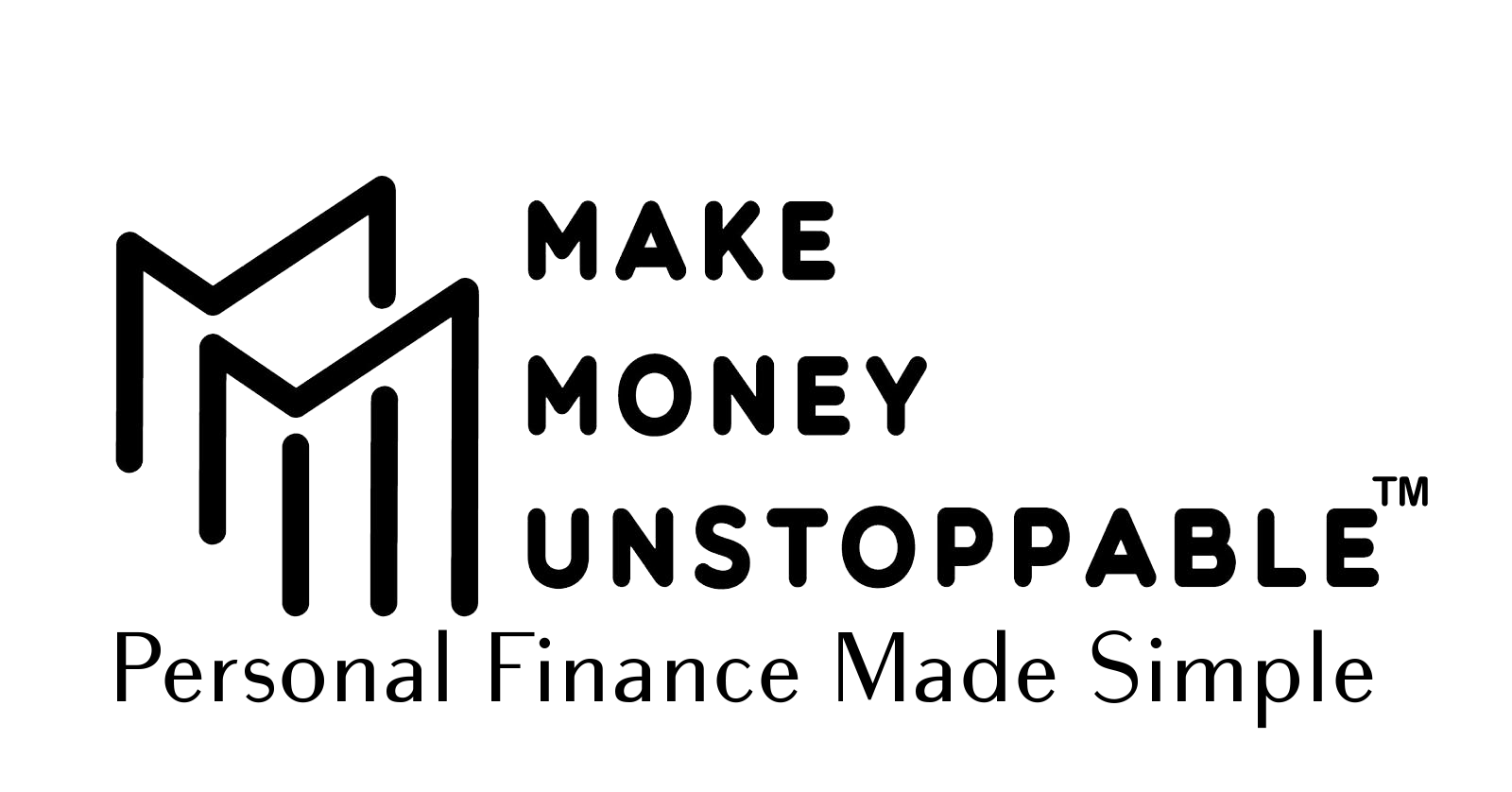
Top Ways Preventive Medicine Can Save You Money on Medical Bills
In today’s world of rising healthcare costs and increasing chronic disease rates, the concept of preventive medicine is gaining momentum. More than just a buzzword, preventive medicine is a proactive approach to health that focuses on early detection, risk reduction, and lifestyle optimization. But beyond its health benefits, one of its most compelling advantages is financial: preventive medicine can help save you money, and lots of it.
Last Updated: September 3, 2025

Disclaimer: I am not a licensed financial advisor, financial planner, tax professional, or attorney. The information provided in this blog is for general informational and educational purposes only and should not be construed as professional advice. Always consult with a qualified expert before making financial, legal, or tax-related decisions.
The current business model of medicine appears to prioritize treatment over prevention. While prevention is crucial for long-term health outcomes, it often receives less attention because it doesn’t generate the same financial returns. In many cases, there’s little economic incentive for healthcare providers to focus on preventive care, as the system seems to reward interventions, procedures, and ongoing treatment. As a result, the industry may be largely driven by managing illness rather than proactively promoting wellness.
This blog delves into the principles of preventive medicine, highlighting its effectiveness in reducing long-term healthcare costs and improving overall well-being. We’ll explore how preventive strategies work, why they offer a cost-efficient alternative to reactive treatment, and practical ways individuals can incorporate them into daily life to take charge of their health.
What Is Preventive Medicine?
Preventive medicine is a branch of healthcare that emphasizes avoiding illness before it starts. Instead of waiting for symptoms to appear and treating disease reactively, preventive medicine encourages regular monitoring, healthy habits, and early interventions.

It includes:
- Primary prevention: actions that may help stop disease before it begins, such as eating healthy and exercising.
- Secondary prevention: identifying and addressing health issues early on, such as screenings and periodic checkups.
- Tertiary prevention: managing existing conditions to help prevent complications, such as rehabilitation and lifestyle adjustments.
This approach is designed to help reduce the burden of disease, improve quality of life, and lower healthcare costs over time.
Remember: Either we can eat real food now to stay healthy, or we may be forced to eat medicine as food later.
The Financial Benefits of Preventive Medicine
1. Avoiding Expensive Treatments
One of the most obvious ways preventive medicine can help save money is by avoiding costly treatments. Chronic conditions like heart disease, diabetes, and certain cancers often require long-term medication, frequent doctor visits, and sometimes hospitalization or surgery.
By catching potential issues early on or preventing them altogether, individuals can sidestep these high expenses.
Unlock your financial freedom.
Download this FREE eBook!.
How to make $100,000/month? Stop being average and think big.
Yes, this eBook is Free. Just drop your email to get instant access. It will be sent to your email.
How To Make $100 A Day – 23 Real Ways To Make Extra Money
16 Best Ways To Get Paid To Read Books in 2025
How To Become Rich – Strategies To Become Wealthy
18 Passive Income Ideas To Earn $1,000+ Each Month
Best Rewards Credit Cards For 2025 | What You Need To Know
Subscribe for exclusive insights
PLUS: Get Access to exclusive financial tips, learn everything about money and get early blog updates – delivered directly to your inbox .

2. Reducing Emergency Room Visits
Emergency care is one of the costliest forms of medical treatment, yet it’s indispensable in life-threatening situations. However, many emergencies are preventable. By adopting preventive strategies such as managing blood pressure, monitoring glucose levels, and maintaining a healthy weight, we can dramatically lower the risk of sudden health crises that may require urgent medical attention.
Investing in prevention not only helps safeguard long-term health but also helps avoid the financial and emotional toll of emergency room visits.
3. Minimizing Time Off Work
Health issues don’t just drain financial resources; they also consume valuable time. Preventive medicine can help empower people to stay healthy and maintain peak productivity, and may lead to fewer sick days and enhanced performance at work.

This not only supports career advancement but also may contribute to greater income and long-term financial stability. By investing in prevention, people can protect both their health and their livelihood.
4. Potentially Lowering Insurance Premiums
Some health insurance plans may offer incentives such as lower premiums or enhanced coverage for people who actively engage in preventive care. By prioritizing regular checkups, healthy lifestyle choices, and early screenings, people can not only improve their overall well-being but also unlock financial benefits.
Staying proactive about health can lead to reduced out-of-pocket expenses and more favorable insurance options over time.
5. Avoiding Long-Term Medication Costs
Many chronic conditions may demand daily medication intake, often for a lifetime. Preventive medicine may help offer a powerful alternative by targeting the root causes before they can escalate. Through early intervention and lifestyle changes, patients can reduce or even eliminate the need for long-term prescriptions.
This can not only lower healthcare costs but also minimize the risk of side effects, dependency, and the burden of managing multiple medications.
Key Preventive Strategies That Can Save Money
1. Regular Health Screenings
Routine screenings can help detect health issues before they become serious. These may include:

- Blood pressure checks
- Cholesterol monitoring
- Blood sugar tests
- Cancer screenings
- Vision and hearing evaluations
Early detection may allow for simpler, less expensive treatment options and may help prevent complications that could lead to hospitalization or surgery.
2. Lifestyle Medicine
Lifestyle medicine focuses on daily habits that may influence our health. This may include:

- Balanced nutrition: Eating whole, nutrient-rich foods that can help support immune function and reduce inflammation.
- Physical activity: Regular movement can improve cardiovascular health, boost mood, and help maintain a healthy weight.
- Sleep hygiene: Quality sleep is essential for hormone regulation, mental clarity, and immune strength.
- Stress management: Techniques like meditation, deep breathing, Yoga, and journaling can help reduce cortisol levels and may help prevent burnout.
These habits are foundational to chronic disease prevention and long-term wellness.
3. Mental Health Care
Mental health is often overlooked in preventive strategies, yet it plays a critical role in our overall well-being. Preventive mental health care may include:
- Early counseling or therapy
- Mindfulness and relaxation practices
- Building strong social connections
- Developing emotional resilience
Addressing mental health proactively can help prevent conditions like anxiety, depression, and burnout. This can help save money on therapy, medication, and lost productivity.

4. Immunizations and Preventive Treatments
Preventive medicine encompasses proactive treatments and strategies designed to safeguard against infectious diseases and other health risks. By staying current with recommended screenings, vaccinations, and routine care, individuals can significantly reduce their chances of illness, thereby minimizing the need for emergency or reactive interventions.
Prevention as a Lifestyle
Preventive medicine isn’t just about doctor visits but a way of life. It’s about making consistent, intentional choices that can help support long-term health and financial stability.

Here are some daily habits that can embody the preventive mindset:
- Preparing meals at home with fresh ingredients
- Taking regular walks or engaging in physical activity
- Practicing gratitude and mindfulness
- Scheduling wellness check-ins and self-assessments
- Staying hydrated and limiting processed food intake
- Practicing introspection
- Limiting screentime
- Feeding the mind with the right content that is positive
- Having a positive mindset and outlook on life
- Connecting with nature
- Laughing
- Indulging and immersing in hobbies that you enjoy
These small actions can add up over time, creating a foundation for health, resilience, and financial savings.
The Ripple Effect of Prevention
The benefits of preventive medicine extend far beyond each individual. Families become healthier, workplaces become more productive, and communities become more vibrant. The ripple effect may include:

- Reduces healthcare costs and economic burden
- Increased workplace engagement and fewer sick days
- Stronger public health outcomes
- Greater awareness of wellness and self-care
- Health-conscious and well-informed public
- Reduced strain on healthcare systems
- Helps foster a culture of wellness across generations
- Healthier people contribute to productive communities
- Leads to better health outcomes and fewer complications
Preventive choices can help create a culture of care, one that values wellness, longevity, and financial responsibility.
Building Your Preventive Medicine Toolkit
Creating a personalized preventive medicine plan doesn’t require perfection, but it will require intention. Here’s how to build your own toolkit:
- A journal for tracking symptoms, moods, and goals
- A calendar for scheduling screenings and wellness activities
- A support network of friends, mentors, and practitioners
- A space for movement, reflection, and creativity
- A mindset of curiosity, compassion, and growth
These tools can help you stay aligned with your health goals and adapt to life’s changes with grace.

Seasonal Wellness and Preventive Medicine
Nature operates in cycles, and so do we. Preventive medicine honors these rhythms by encouraging seasonal adjustments:
- Eating warming foods in colder months
- Prioritizing hydration and sun protection in warmer seasons
- Adjusting sleep and activity patterns based on daylight
- Embracing seasonal rituals for renewal and reflection
Aligning with nature’s flow can help support immune health, emotional balance, and inner harmony, all of which can contribute to reduced healthcare costs.
The Future of Preventive Medicine
As public awareness expands, preventive medicine is undergoing a powerful transformation, becoming more personalized, integrative, and widely accessible. Advances in technology, health education, and community-driven care are enhancing the effectiveness of prevention like never before.
The future of prevention may include:
- Personalized wellness plans tailored to meet individual needs
- Integrative approaches that combine conventional and holistic care
- Community-based health initiatives that can foster collective wellbeing
- Digital tools for real-time tracking, guidance, and support
This evolution can help empower patients to take meaningful, sustainable control of their health while also reducing long-term costs and reliance on reactive treatments.
Final Reflections: Prevention Is a Smart Investment
Investing in preventive medicine is one of the most financially savvy decisions you can ever make. It’s not just about avoiding illness, it’s about building a life of vitality, clarity, and freedom. It’s about reducing healthcare expenses, minimizing disruptions, and creating a future that feels empowered and secure.
Whether you’re just beginning your wellness journey or deepening your commitment to health, preventive medicine can offer a path that’s rooted in possibility. It invites you to live with intention, to nurture your body and mind, and to create a life that feels vibrant and whole without breaking the bank.
Choosing prevention is choosing possibility. It’s a commitment to living with purpose, to honoring your body, and to investing in a future that’s vibrant, stable, and cost-effective. The journey begins with one decision, one habit, one moment of awareness. And with each step, you’re not just saving money—you’re creating a life of strength, balance, and lasting health. Prevention isn’t a sacrifice; it’s a gift you give yourself every single day.
So, take the first step. Embrace the power of prevention. And invest in the most important asset you’ll ever own, your health.
Join the conversation! Drop your thoughts in the comments below, and let’s keep the discussion going.
From Experience to insight : Transformational reads for the Strategic mind
Foundational readings for big shifts:
- How to Track Spending without Getting Overwhelmed
- The 7-Day Money Reset Plan: Take Back Control In Just One Week
- Are You Throwing Away $5,000 a Year on Food Waste Without Realizing It?
- The Real Cost of Owning a Big Home
- The Psychology of Spending: Why We Overspend and How to Stop It
- Mastering the Envelope Method
Author: Vaidya Selvan
Welcome to Make Money Unstoppable Personal Finance Made Simple, a blog born out of necessity, a space created from real-life experiences, hard-earned lessons, and a deep-seated desire to share what I wish someone had taught me or had known sooner.
Newsletter Invite
Want more real-world information on Money? Join my newsletter for practical tips, updates on my books, and strategies to help you build financial freedom on your terms.
#FinancialFreedom #Newsletter #MoneyTips



